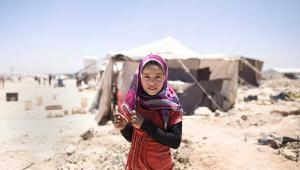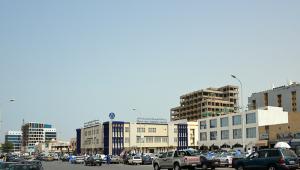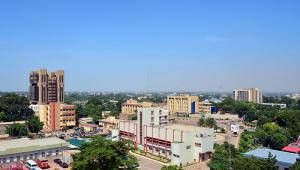The agreement, which was approved at staff-level, is now waiting for consent from the IMF’s management and executive board, scheduled for early April. The economic programme would be supported under the Extended Credit Facility.
Proposed funding could reach $940m, or 180% of Ghana’s IMG quota, the international lender said.
Joel Toujas-Bernaté, who led the mission to Ghana, said the agreement was focused on overcoming the country’s economic challenges, supporting stronger economic growth and lower inflation.
Ghana experienced three difficult years characterised by declining economic growth, increasing inflation rates and high levels of public borrowing.
‘The main priority of the programme is to restore debt sustainability through a sustained fiscal consolidation, and to support growth with adequate capital spending and a reduction in financing costs,’ Toujas-Bernaté said.
The programme rests on three pillars: restraining and prioritising public expenditure with a transparent budget process; increasing tax collection; and sustaining the effectiveness of the central bank monetary policy.
It is hoped that the programme will help Ghana achieve the objectives of its 2015 budget. The government’s budget includes a ‘strong’ set of measures, the IMF said, adding that they should be ‘swiftly implemented’, in particular the elimination of distortive and inefficient energy subsidies, the new tax on petroleum products, and the repayments of all arrears outstanding at the end of 2014.
‘Additional public and financial management reforms should contribute to improve predictability and control in budget execution,’ Toujas-Bernaté continued.
He said tax administration reforms were underway, in particular measures to improve the effectiveness of the large taxpayer office and to streamline and accelerate VAT refunds. He noted that the government also initiated a review of existing tax exemptions with a view to reducing them.
Public debt management will continue to be strengthened to ensure that financing needs and payment obligations are met at the lowest possible cost, consistent with a prudent degree of risk.
Last year, economic growth in Ghana reached its lowest level in many years, the IMF said, with non-oil gross domestic product expansion of 4.1%.
The fund said total economic growth is expected to decline further to 3.5% this year on the back of a severe energy crisis and fiscal consolidation.













